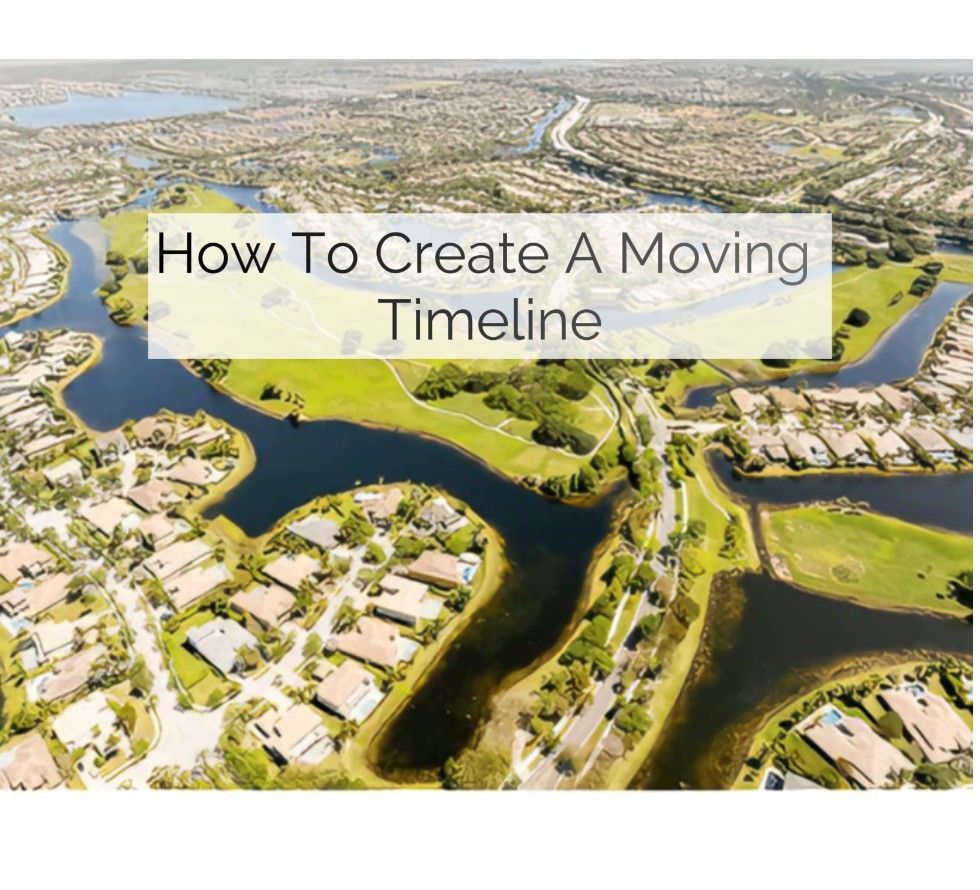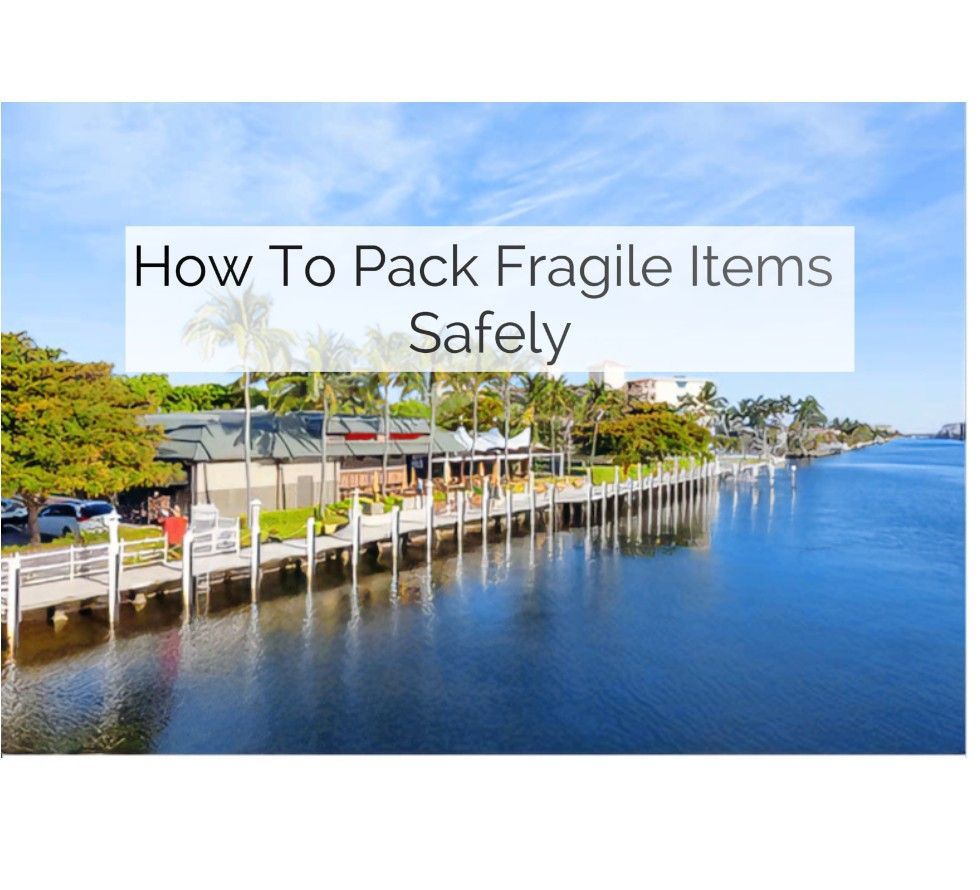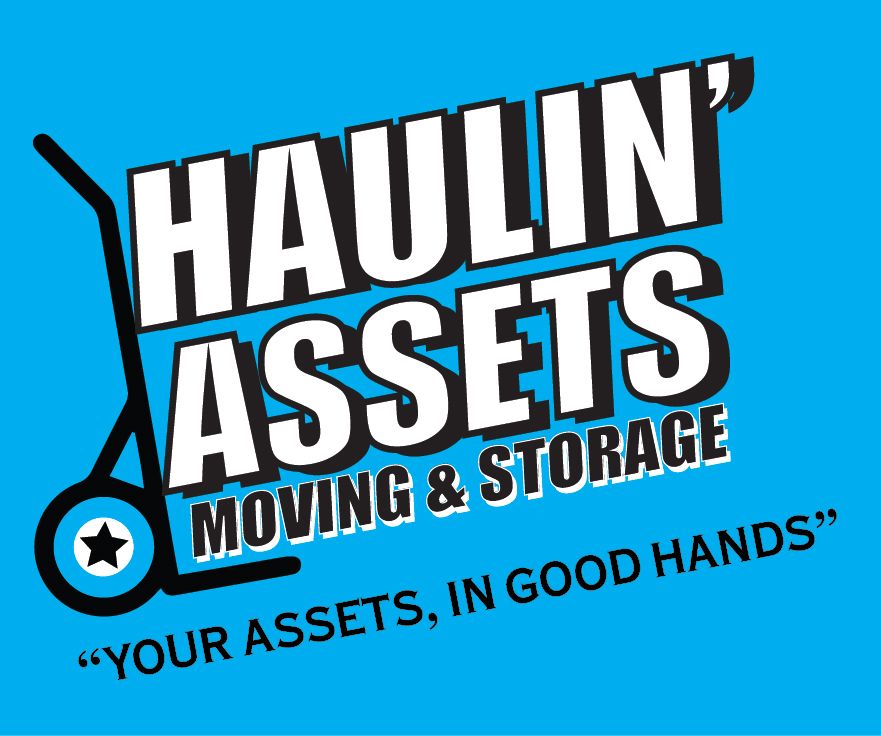Moving to another state can be an exciting journey filled with new possibilities. Whether you’re relocating for a job, family, or just a change of scenery, the anticipation of a new beginning is thrilling.
However, the task of moving can quickly become overwhelming without the right preparation.
Moving out of state involves more than just packing and unpacking—it’s about managing logistics, from securing the right moving services to handling the legalities of changing states.
Every step needs careful planning to avoid common pitfalls that can turn an exciting move into a stressful ordeal.
At Haulin’ Assets Moving & Storage, we specialize in simplifying this complex process. With years of experience in interstate relocations, we understand what it takes to ensure a smooth transition. Our team is here to guide you through every step, ensuring that your move is handled with care and precision.
Planning and Preparation
The first step in successfully moving to another state journey is meticulous planning and preparation.
Research and Choose the Right State
Your new state should align with your lifestyle and priorities. Consider factors like the cost of living, job market, climate, quality of education, and recreational opportunities. Websites like Zillow, Niche, and Best Places offer comprehensive data and comparisons to help you make an informed decision.
Set a Realistic Budget
Moving costs can quickly add up. Account for the following:
- Transportation expenses (whether you’re hiring professional movers like us or just renting our trucks)
- Packing supplies
- Potential storage fees
- Travel costs to your new state
Don’t forget to factor in additional expenses like security deposits for your new home, utility setup fees, and temporary housing if needed.
Create a Moving Timeline
Establishing a timeline will keep you on track and ensure a smooth transition. Key milestones include:
- Finding a new home
- Decluttering and packing your belongings
- Changing your address with the USPS and other relevant institutions
- Transferring utilities
Utilize online tools or a simple calendar to schedule tasks and deadlines, and don’t hesitate to adjust your timeline as needed.
Finding a New Home
Securing the right place to live is a crucial aspect of moving to another state.
Determine Your Housing Needs and Preferences
Before you start your search, take the time to define your ideal home. Consider the following factors:
- The size you need (number of bedrooms, bathrooms, square footage)
- The type of dwelling (apartment, condo, single-family home)
- Preferred neighborhoods
- Desired amenities (pool, gym, in-unit laundry)
- Proximity to your workplace or school
Utilize online resources like Zillow, Apartments.com, and Realtor.com to help you explore available options and filter based on your criteria. Go the extra mile by virtually touring neighborhoods via Google Maps, checking out social media pages of local businesses or prominent figures, or researching notable residents to get a feel for the community.
Secure a New Residence
If possible, plan a visit to your potential new state to get a firsthand feel for the area. This allows you to scout neighborhoods, view properties in person, and assess the overall vibe of the community. While there, consider staying in a short-term rental like Airbnb or VRBO, or opt for a hotel. This will give you a temporary base from which to explore and make a more informed decision about your new home.
Once you’ve identified potential homes, it’s time to secure your new abode. If you’re renting, be prepared to fill out rental applications, provide references, and pay a security deposit. It’s crucial to carefully review the lease agreement, paying close attention to terms like rent amount, lease duration, pet policies, and any restrictions.
It is also important to understand your rights as a tenant to ensure a fair and positive experience. For those looking to buy, partnering with a reputable real estate agent is highly recommended. They can help you navigate the local market, negotiate offers, and guide you through the closing process.
Regardless of whether you’re renting or buying, be sure to research the landlord or property management company to ensure they have a good reputation and are responsive to tenant needs.
Packing and Organizing
Packing is a crucial part of any move. Doing it right can save you time and money and reduce stress on the moving day.
Declutter and Downsize
Decluttering is a pivotal step in preparing for a move, especially when moving to another state. It simplifies the packing process and reduces moving costs by limiting the number of items to transport.
Start by sorting through each room and categorize items into “keep,” “donate,” “sell,” or “discard” piles. Engage your family in the process to decide what’s necessary and what’s not. Consider donating items that are in good condition but no longer needed and recycle or discard those that are not.
Gather Packing Supplies
For an efficient packing experience, ensure you have all the necessary supplies, including packing paper, boxes, bubble wrap, and packing tape.
Labeling each box with its contents and the room it’s destined for is crucial. Consider environmentally friendly options such as biodegradable packing peanuts or recycled packing paper to minimize environmental impact.
Pack Strategically
Adopt a room-by-room approach to keep the packing process organized. Pack rarely-used items first and everyday items last. For fragile items and valuables, use ample padding and consider special containers or custom packing solutions to ensure their safety. Label these boxes as “Fragile” and keep important documents and valuables with you during the move.
Moving Logistics
The logistics of relocating to another state can be complex, but with careful planning and the right resources, you can ensure a smooth transition.
Choose a Reliable Moving Company
Selecting a reputable moving company is crucial when you’re planning to relocate to another state. Start by gathering recommendations from friends, family, or coworkers who’ve recently moved.
Checking online reviews on platforms like Yelp and the Better Business Bureau can also provide valuable insights into the reliability and quality of service provided by potential movers.
It’s important to verify the company’s licensing through the U.S. Department of Transportation and ensure they offer adequate insurance coverage for your belongings.
When receiving moving estimates, opt for an in-home survey rather than an online quote to ensure accuracy. Ensure the contract details all services provided, fees, and insurance coverage to avoid unexpected charges.
DIY Moving Options
For those considering a DIY move, Haulin’ Assets Moving & Storage offers truck rental and labor services, which can be a cost-effective solution. We assist in selecting the right truck for your move, ensuring you have enough space for all your belongings while avoiding paying for unused truck space.
Additionally, our moving labor service is perfect for the DIY mover who needs an extra set of hands. This helps streamline the loading and unloading process, making your move efficient and less stressful.
Handling Logistics
Remember to update your address with the USPS, as well as any subscriptions, banks, credit card companies, and online retailers. You’ll also need to transfer or set up new utility accounts for electricity, gas, water, internet, and cable.
Contact your current providers to schedule disconnection and inquire about transferring services if available. Research providers in your new state and compare rates to find the best deals. Additionally, set up mail forwarding with the USPS to ensure you receive any mail sent to your old address.
Settling into Your New State
The final stage of moving to another state involves establishing your new life and integrating into your new community.
Update Official Documents
After moving to another state, it’s crucial to update your driver’s license, vehicle registration, and voter registration. The deadlines for these updates can vary significantly by state.
In Florida, new residents must update their driver’s license and vehicle registration within specific timeframes upon establishing residency.
You are required to obtain a Florida driver’s license within 30 days. You must also secure auto insurance from a Florida-licensed agent within ten days to register and title your vehicle.
Explore Your New Surroundings
Take the time to explore local amenities, attractions, and community resources. This can include visiting parks, museums, and local eateries to get a feel for the community vibe and what your new location has to offer.
Engaging with your new neighbors and participating in community events can also be a great way to start building your new social network and integrate into the local culture.
Embark on Your New Journey With Confidence
Moving to a different state can be an exciting journey filled with endless possibilities. As you embark on this new adventure, remember that you’re not alone.
At Haulin’ Assets Moving & Storage, we’re dedicated to providing you with the support and expertise you need to make a smooth transition.
From packing and transportation to storage and logistics, we’ll handle every aspect of your move so you can focus on embracing the opportunities that await you.
Ready to take the next step? Contact us today for a free quote, and let us help you make your move a success.


